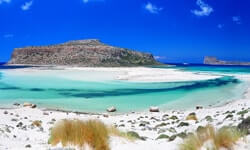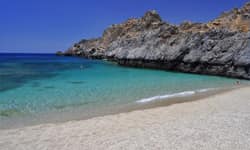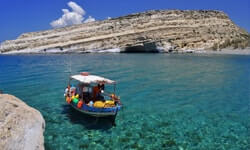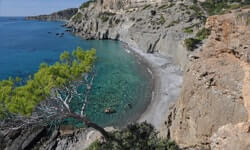From the dunes of Lafonissi and Xerokambos to the tropical shores of Kedrodasos and Chrissi, from the hidden beaches in the wild gorges of Sfakia and Asteroussia to the emerald bays of Triopetra and Plakias, from Balos and Elounda lagoons to the palm groves of Preveli and Vai, from piney beaches of Ierapetra to the long organized strands of the northern coasts, Crete offers the ultimate combination of carefree holidays and natural beauty, which can be finely reflected on its beaches.
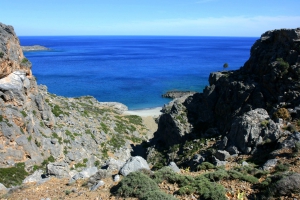
The bay of Salamia(s) is located 74km south of Heraklion, between Agios Ioannis and Tripiti. There is no road nearby, thus it is one of the most secluded areas of Crete. You can reach it either by boat or by easy walking from Agios Ioannis.
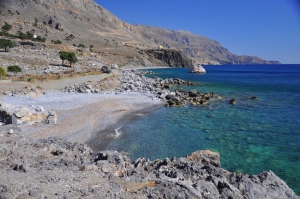
Behind the big hill west of the settlement Tris Ekklisies, there is a second stunning beach with fine sand, which is completely isolated and surrounded by the largest carob wood in Europe. The beach is called Pahia Ammos and is shaped at the exit of Agia Paraskevi Gorge, which also houses an unknown 105m high waterfall (only in winter).
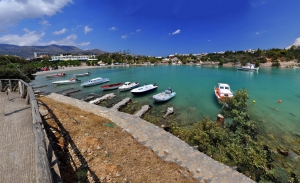
After leaving the sheltered beach of Amoudi behind you and taking the road leading to Elounda, you will soon meet one bay 1km north of the center of Agios Nikolaos, next to Hotel Minos Palace. It is a small pebbly and sandy cove, called Katholiko shaped in a very well protected narrow bay, which is mainly used as a harbor for boats (and thus is not organized).

There are several small and rocky bays in the area of Anogia at province Mirabelo. This area is also accessible by car though a wild landscape. One of these beaches is Vlychada Tzavlidon, which has large pebbles. There are impressive layers of conglomerate rocks on the walls of the beach, while on the west end there is a small arch at the base of which there is little spring with fresh water.

In this rugged landscape there are a few small beaches, totally secluded and which can be accessed by boat or on foot. The beaches, starting from east to the west are Kokkinos Volakas, Stavri, Filadelfi, Parahoristra, Agios Antonios, Hohlakas and Klimata.

The beach that stands out from all of the west side of Gavdos is Diana. Diana is actually the second southernmost beach in Europe, after Tripiti which is located a few meters to the southeast. The beach stands out from the rest as it is less rocky, has small pebbles and has a massive rock below which you can find shade all day.
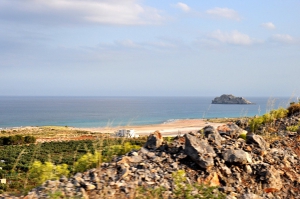
500m east to Xerokambos you will find one of the weirdest landscapes on Crete. Here you will see a large dry lake next to the sea. You may not get very excited on summer, but if you come here in spring or in winter, you will understand why this is so important. In the winter Alatsolimni (Salt Lake), as it is called, is flooded with water, forming a small lagoon.

If you head 1km to the east of Myrtos you will meet the long beach of Sarikambos, that is more secluded, but the seabed becomes coarser. 2 more km on the east, you'll find a small bay next to the greenhouses of Nea Myrtos settlement. This is avoided for swimming due to the greenhouses that might pollute the water.





